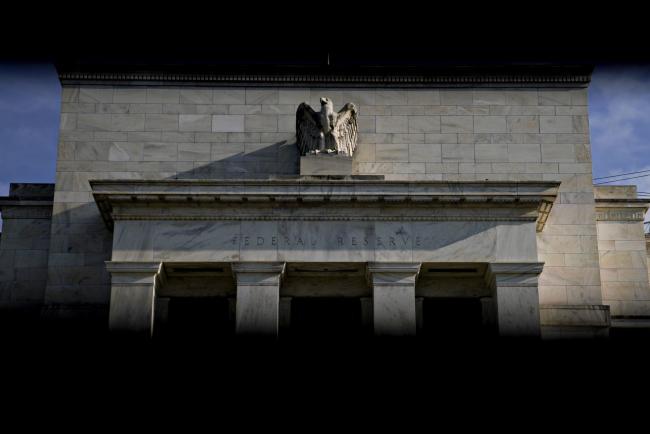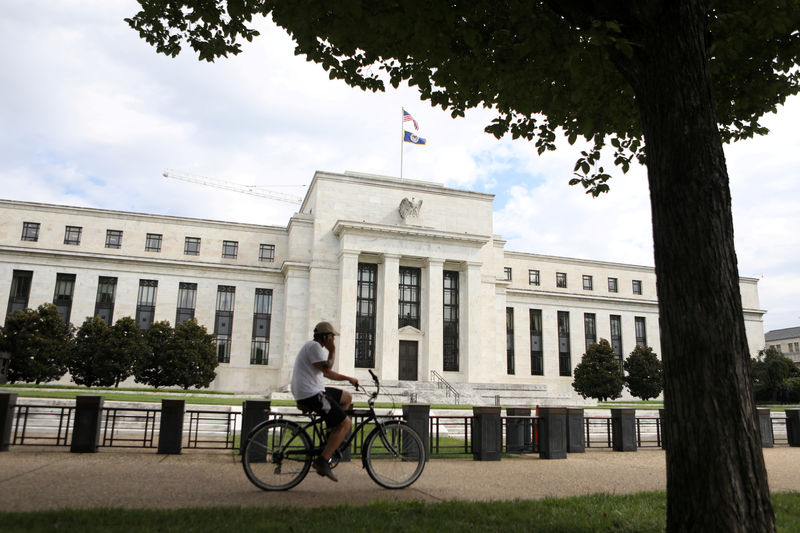(Bloomberg) -- The Federal Reserve isn’t pulling punches in its latest stress tests, as it plans to subject Wall Street banks to hypothetical scenarios that include a massive spike in unemployment and a tanking stock market.
In a Friday statement, the Fed detailed its 2021 scenarios while giving no signs yet that the central bank plans to ease up on restrictions it has imposed on banks’ dividend payments amid the coronavirus pandemic.
In an unprecedented second round of tests last year, the Fed ratcheted up the mock pain to better reflect the real damage wrought by the pandemic. The agency is sticking closely to that model in its latest exams, testing whether banks could keep lending if unemployment rose more than four percentage points to nearly 11%, stocks lost more than half of their value and commercial real estate valuations declined by 40%.
The Fed tailors new scenarios each year to ensure Wall Street can survive a crisis, and Covid-19 represented the first major economic headwinds since the tests were established after the 2008 financial meltdown. This year’s test only targets the 19 largest and most complex institutions. Smaller regional banks will be exempt because of a recent switch to a two-year cycle.
“The banking sector has provided critical support to the economic recovery over the past year,” Vice Chair for Supervision Randal Quarles said in the statement. “Although uncertainty remains, this stress test will give the public additional information on its resilience.”
The test results usually determine how much of a bank’s excess cash can be returned to investors through stock buybacks and dividends. But during the pandemic, the Fed established additional limits on returning capital, which it relaxed late last year by allowing buybacks to resume. Certain limits on dividends remain, and the Fed will have to decide soon whether to extend them past March.
All of the U.S. megabanks have piled up high levels of capital because of the regulator’s constraints, and lenders including JPMorgan Chase & Co. (NYSE:JPM) and Citigroup Inc (NYSE:C). have started buying back their shares again.
Because all the big banks did well in the last round of stress tests -- despite their severity -- they’re expected to repeat the performance this year. By the end of 2021, they may return to the normal course of determining how much capital they can return to investors, which will depend on the results from these new scenarios.
Results for this new round of tests will come out by June 30. While the Fed didn’t make an announcement about dividends Friday, Quarles has said he hopes to return to normal as soon as possible.
©2021 Bloomberg L.P.

